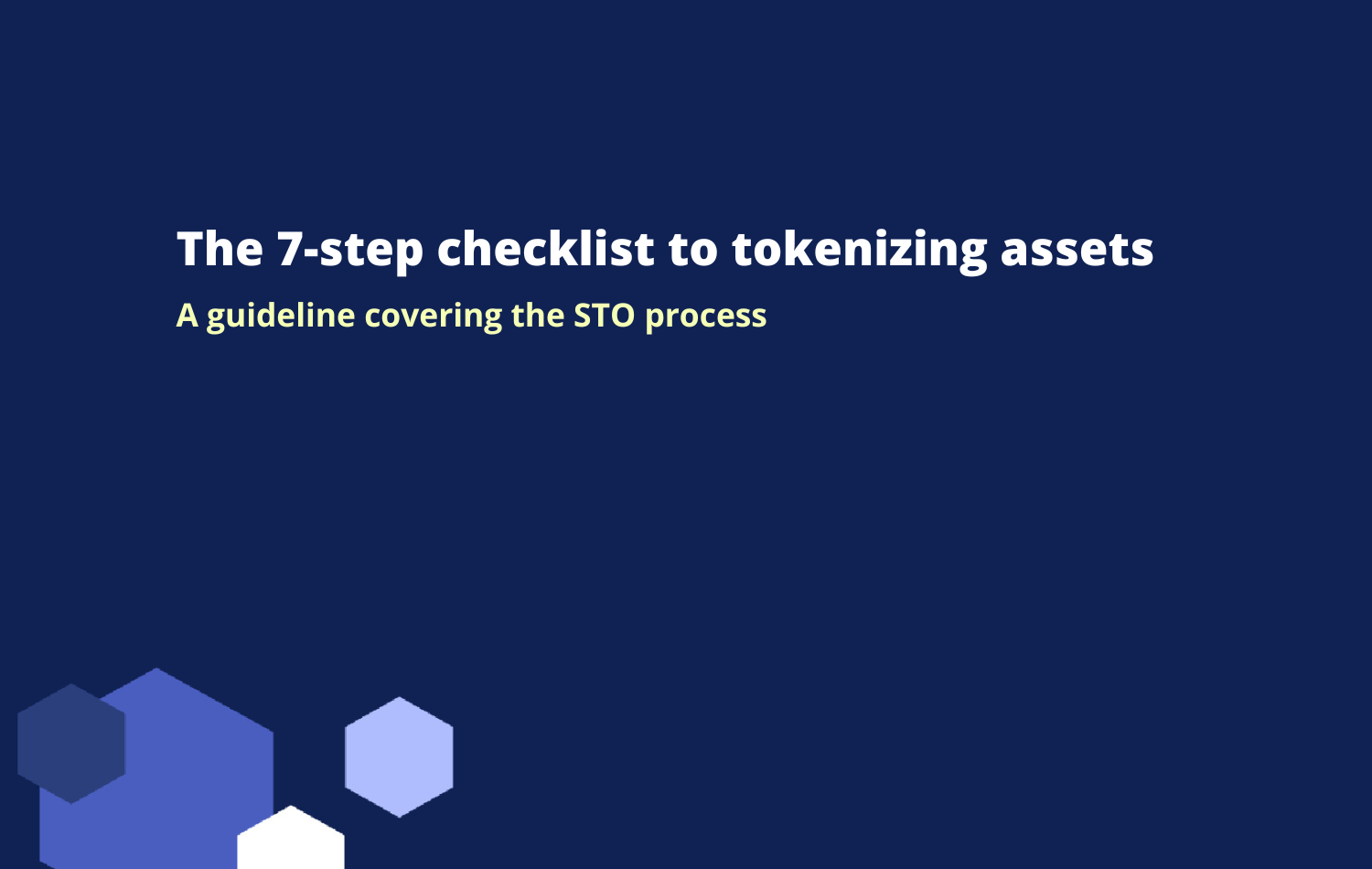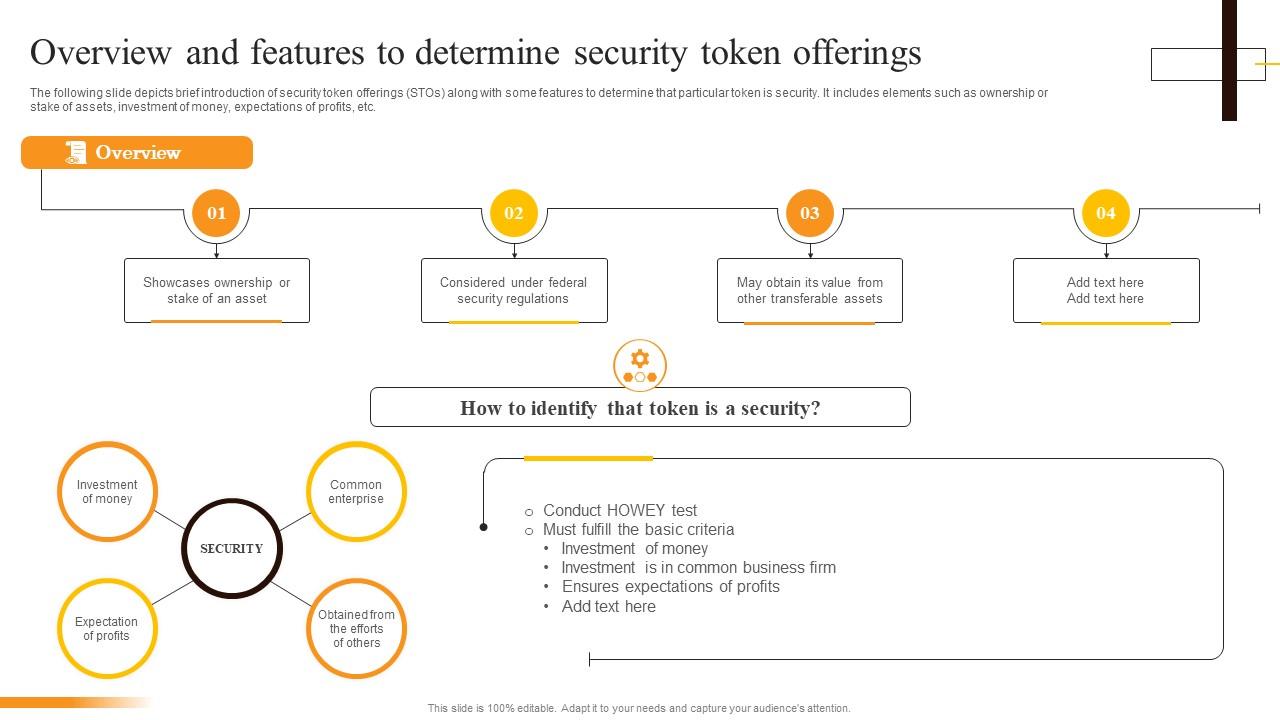
Understanding Immutable Timestamping
Immutable timestamping is a crucial concept in the realm of data integrity, providing a robust mechanism to verify the authenticity and time of creation or modification of digital information. This process involves the application of a timestamp to data, ensuring that once recorded, it cannot be altered or tampered with, thereby safeguarding the integrity of information.
The Significance of Data Integrity
1. Trust in Digital Transactions
Data integrity is paramount in digital transactions, where trust is foundational. Immutable timestamping assures parties involved that the data they are accessing or interacting with has not been tampered with since its creation. This is particularly essential in financial transactions, legal documentation, and other critical digital processes.
2. Legal and Regulatory Compliance
In many industries, adherence to legal and regulatory standards is imperative. Immutable timestamping plays a pivotal role in meeting compliance requirements. It provides a verifiable record of when data was created or modified, aiding organizations in demonstrating transparency and accountability in the face of legal scrutiny.
How Immutable Timestamping Works
Immutable timestamping operates on the principles of cryptographic hashing and decentralized consensus mechanisms. When data is timestamped, it undergoes a hashing process that generates a unique identifier. This identifier is then stored on a decentralized network, making it resistant to tampering. The consensus mechanism ensures that any attempt to alter the data would require a consensus from the majority of the network, making it virtually impossible to change the timestamped information.
Implementing Immutable Timestamping in Practice
1. Blockchain Technology
Blockchain, the technology behind cryptocurrencies, is a popular choice for implementing immutable timestamping. Each block in a blockchain contains a timestamp and a reference to the previous block, creating a chain of blocks that is resistant to modification. This decentralized and cryptographic approach ensures the integrity of the timestamped data.
2. Decentralized Timestamping Services
Several decentralized timestamping services offer a practical solution for organizations seeking to implement immutable timestamping. These services leverage blockchain or other distributed ledger technologies to create a secure and tamper-proof record of data timestamps. Integration with these services provides a straightforward way to enhance data integrity.
Benefits of Immutable Timestamping
1. Tamper-Proof Documentation
Immutable timestamping provides a tamper-proof record of when data was created or modified. This is particularly valuable in legal proceedings, where the integrity of documentation is crucial. Timestamped data ensures that the information presented is authentic and has not been altered.
2. Enhanced Security in Digital Workflows
In an era where digital workflows are prevalent, ensuring the security of digital assets is paramount. Immutable timestamping adds an extra layer of security, assuring users and stakeholders that the digital information they are interacting with is trustworthy and has not been compromised.
Immutable Timestamping: A Link to Enhanced Data Security
To explore further insights into the world of immutable timestamping and its applications in ensuring data integrity, visit Immutable timestamping. This comprehensive resource offers valuable information, best practices, and the latest updates to empower organizations in fortifying their data security strategies.
In conclusion, immutable timestamping stands as a cornerstone in the preservation of data integrity in an increasingly digital world. By understanding its significance, the underlying technology, and the practical implementation, organizations can leverage this concept to build trust, meet compliance requirements, and enhance the overall security of their digital assets. Embrace the power of immutable timestamping for a more secure and trustworthy digital landscape.





























